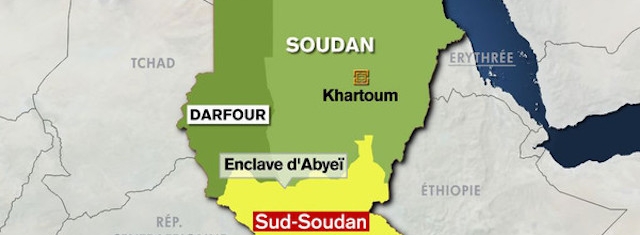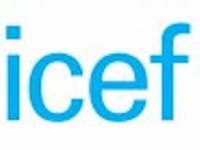Health
Regarding findings of joint investigation of 15 children deaths in Nachodokopele
Kapoeta East County in South Sudan

Sud Soudan Map (Source: world of maps)
USPA NEWS -
An investigation into the cause of the death of 15 children in rural and remote Nachodokopele village, Kauto County in South Sudan by the National Adverse Events Following Immunization (AEFI) Committee, supported by WHO and UNICEF Vaccine safety experts has concluded that severe sepsis / toxicity resulting from the administration of a contaminated vaccine caused the event.
This tragic event could have been prevented by adhering to WHO immunization safety standards. An investigation into the cause of the death of 15 children in rural and remote Nachodokopele village, Kauto County in South Sudan by the National Adverse Events Following Immunization (AEFI) Committee, supported by WHO and UNICEF Vaccine safety experts has concluded that severe sepsis / toxicity resulting from the administration of a contaminated vaccine caused the event.
Ministry of Health, WHO and UNICEF express our deep regret and sadness at the passing of the children. This tragic event could have been prevented by adhering to WHO immunization safety standards.------------------------------------------------------
The report presented to the Minister of Health by the AEFI committee stated that the team that vaccinated the children in this tragic event were neither qualified nor trained for the immunization campaign.---------------------------------------------------------
Evidence gathered by the investigators indicates that the vaccination team did not adhere to the WHO-approved immunization safety standards. A single reconstitution syringe was used for multiple vaccine vials for the entire four days of the campaign instead of being discarded after single use. The reuse of the reconstitution syringe causes it to become contaminated which in turn contaminates the measles vaccine vials and infects the vaccinated children.
The report also stated that the vaccination team did not follow the cold chain protocols as specified in the Measles Supplementary Immunization Activities guidelines. The vaccines were stored in a building with no cold chain facilities for four days. This means that the vaccines were not maintained at the recommended temperature ranges to preserve their quality.
About 300 people were vaccinated against Measles in Nachodokopele Village during the campaign. Thirty-two other children suffered similar symptoms of fever, vomiting and diarrhoea but recovered.
The Ministry of Health has commissioned a multiagency administrative committee to review the AEFI report and give appropriate recommendations for further actions to improve immunization service delivery.
Vaccination is one of the most basic and critical health needs in emergencies to protect populations from the risk of contracting deadly but preventable diseases.
The risk of measles and other Vaccine Preventable Diseases in South Sudan remains extremely high because of the challenges being faced by the health system. The country has experienced significant measles outbreaks among unprotected population caused by a backlog of unvaccinated children in areas of insecurity.-------------------------------------------------------
The measles vaccine has been used all over the world to protect more than 2 billion children against measles. When used according to WHO-approved immunization safety standards, the measles vaccine is safe and effective. In South Sudan, this is the fifth follow up vaccination campaign. The past campaigns were successfully implemented and the safety of the vaccine was assured. With APO on behalf of World Health Organization (WHO).
Sud Soudan Nachodokopele Village Kauto County National Adverse Events Following Immunization Aefi Rahma Sophia Rachdi
Liability for this article lies with the author, who also holds the copyright. Editorial content from USPA may be quoted on other websites as long as the quote comprises no more than 5% of the entire text, is marked as such and the source is named (via hyperlink).







